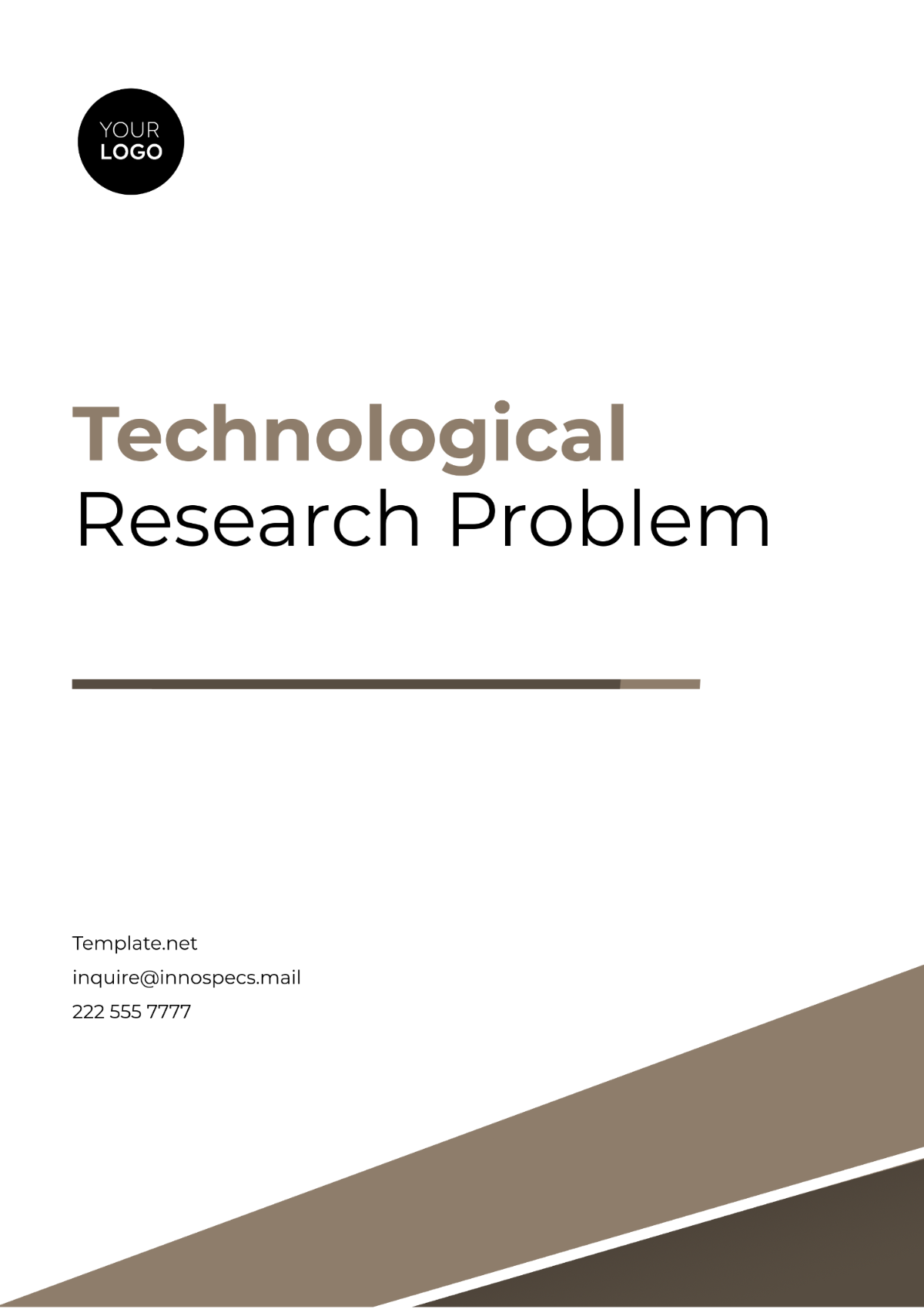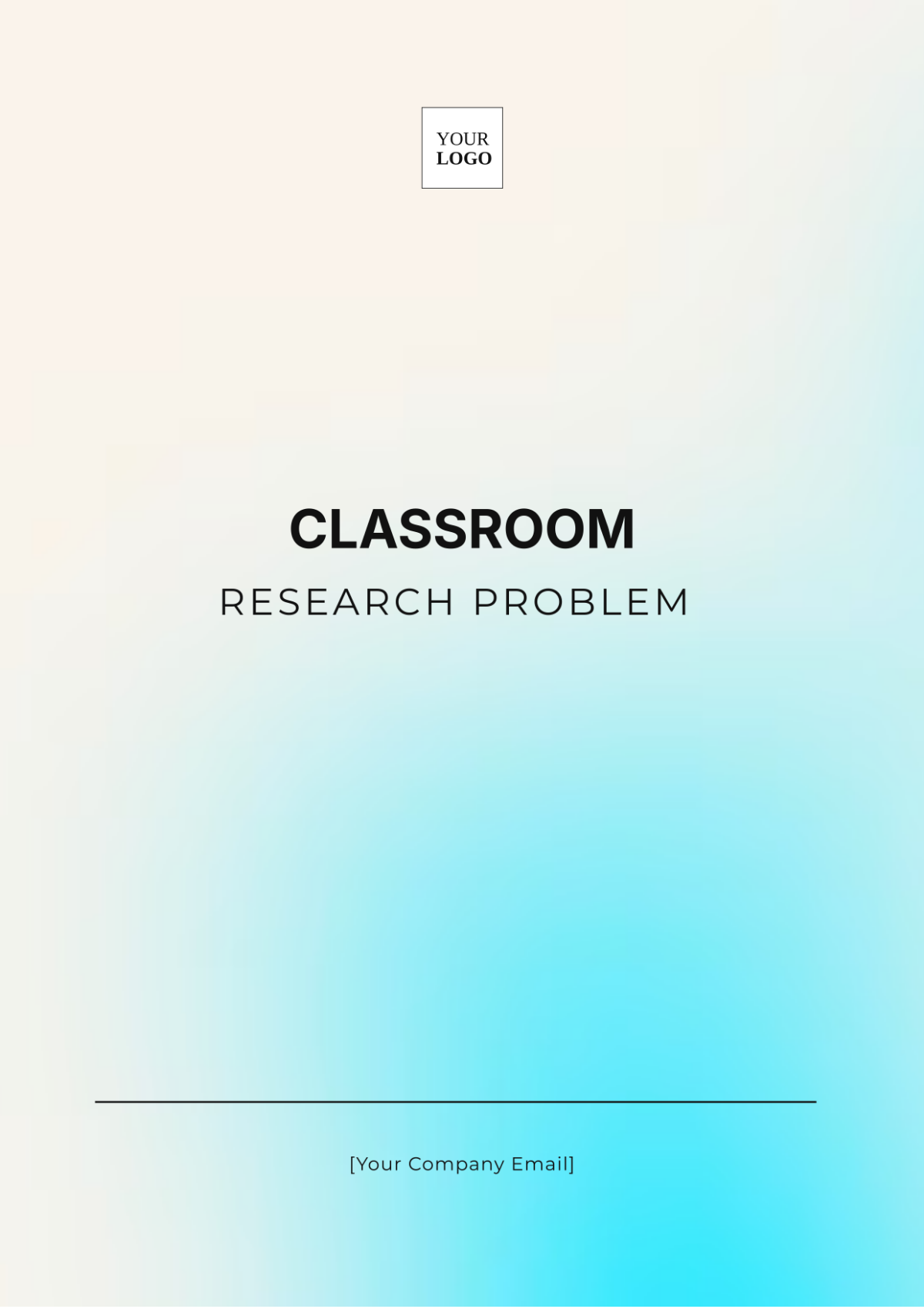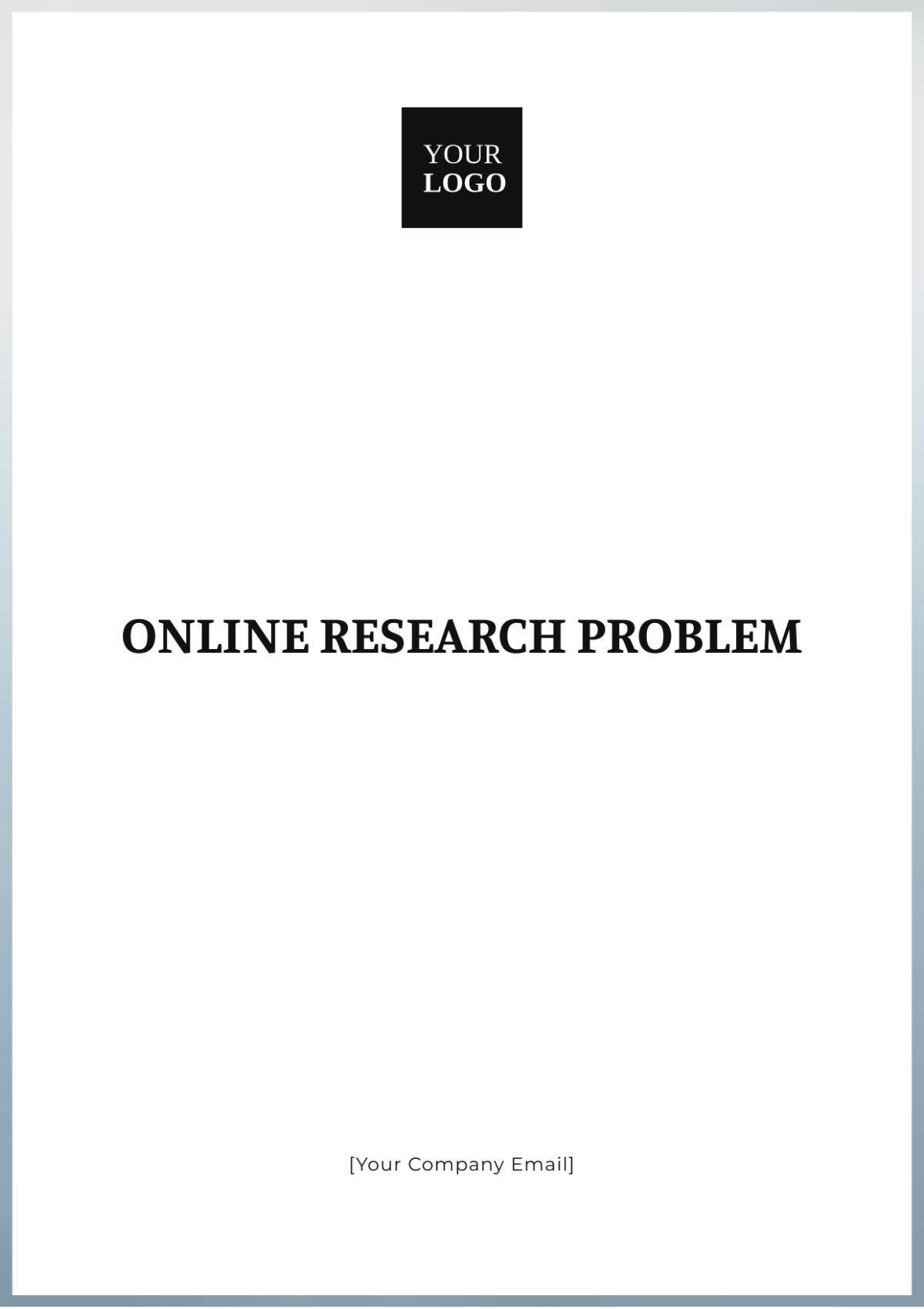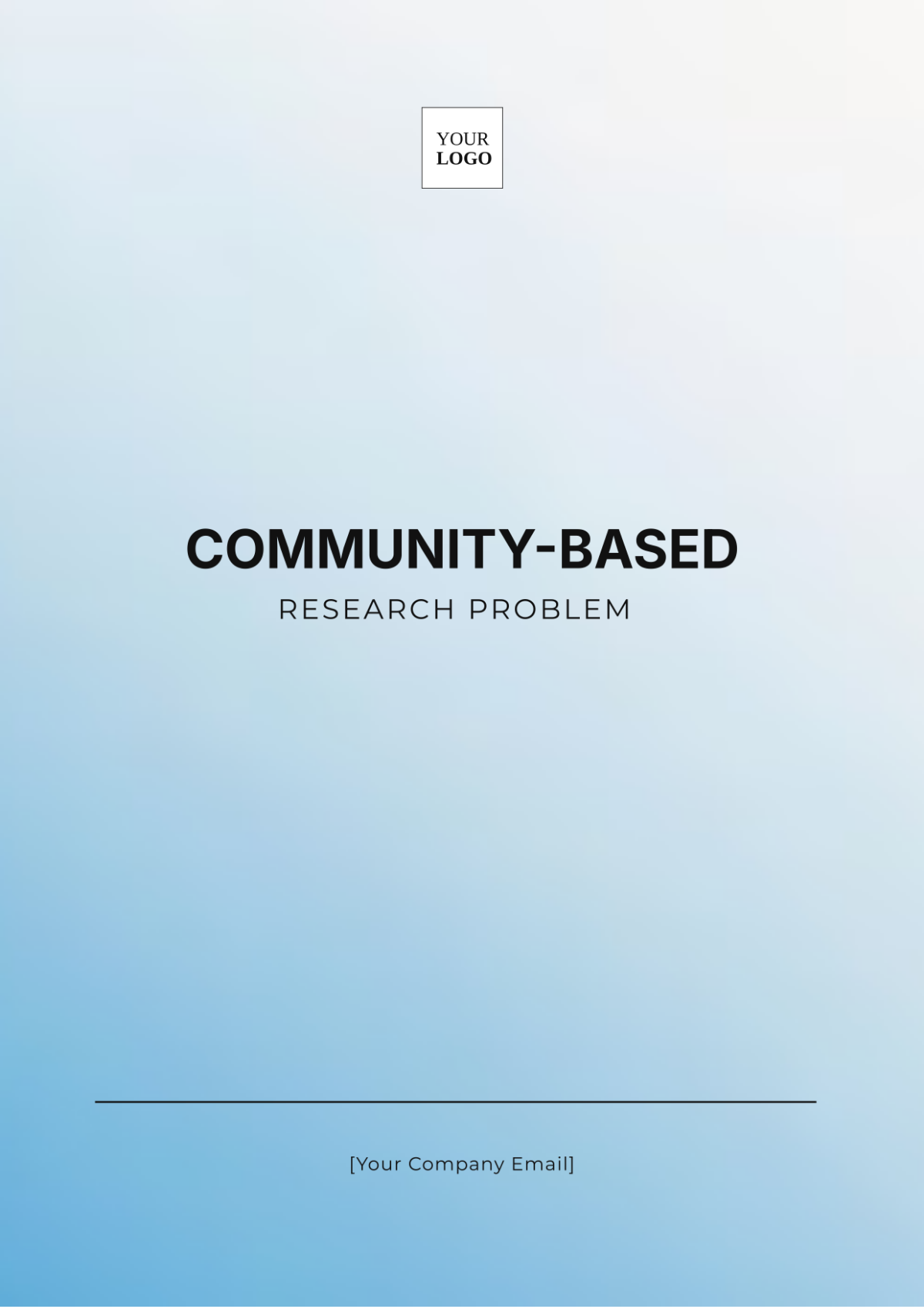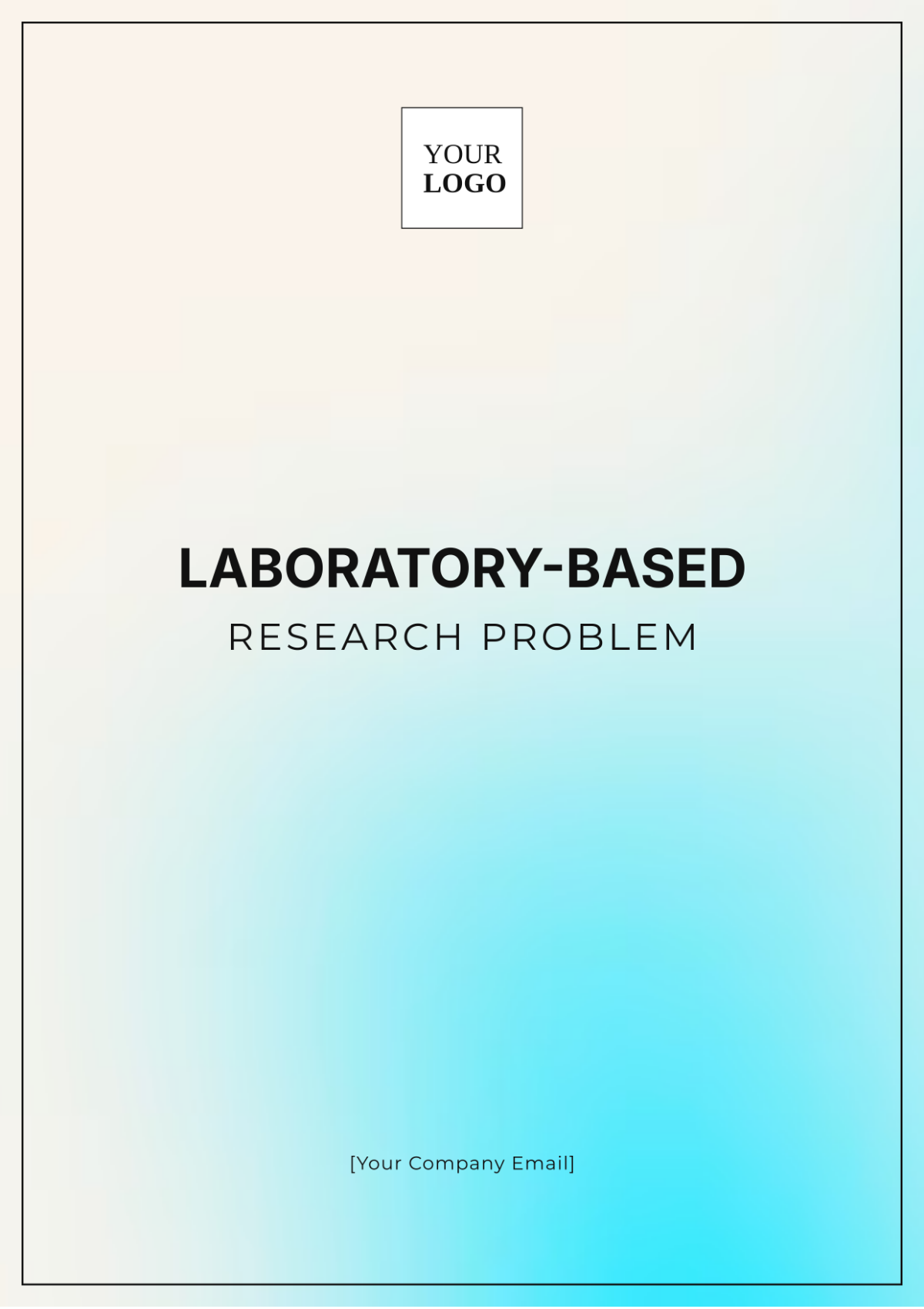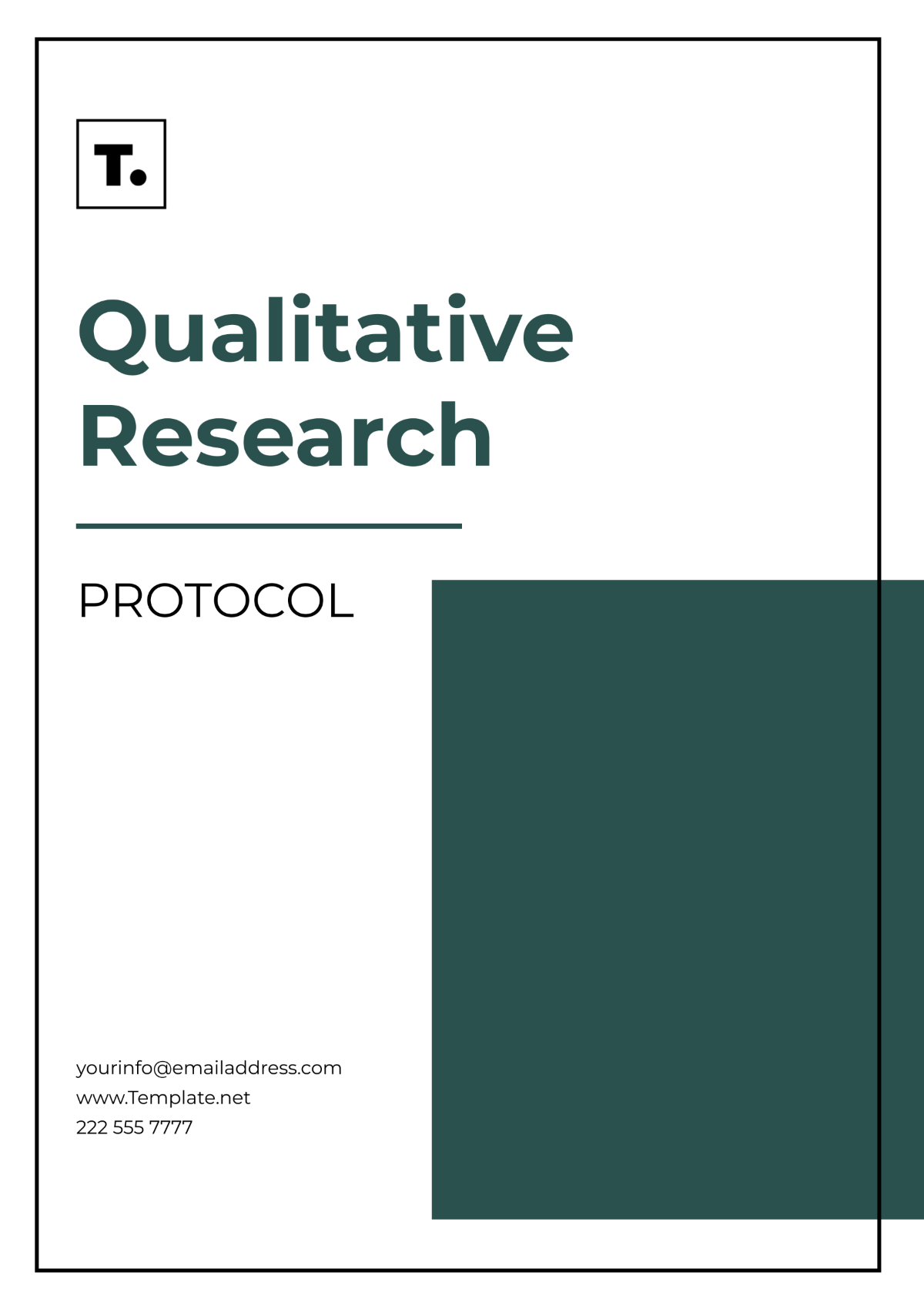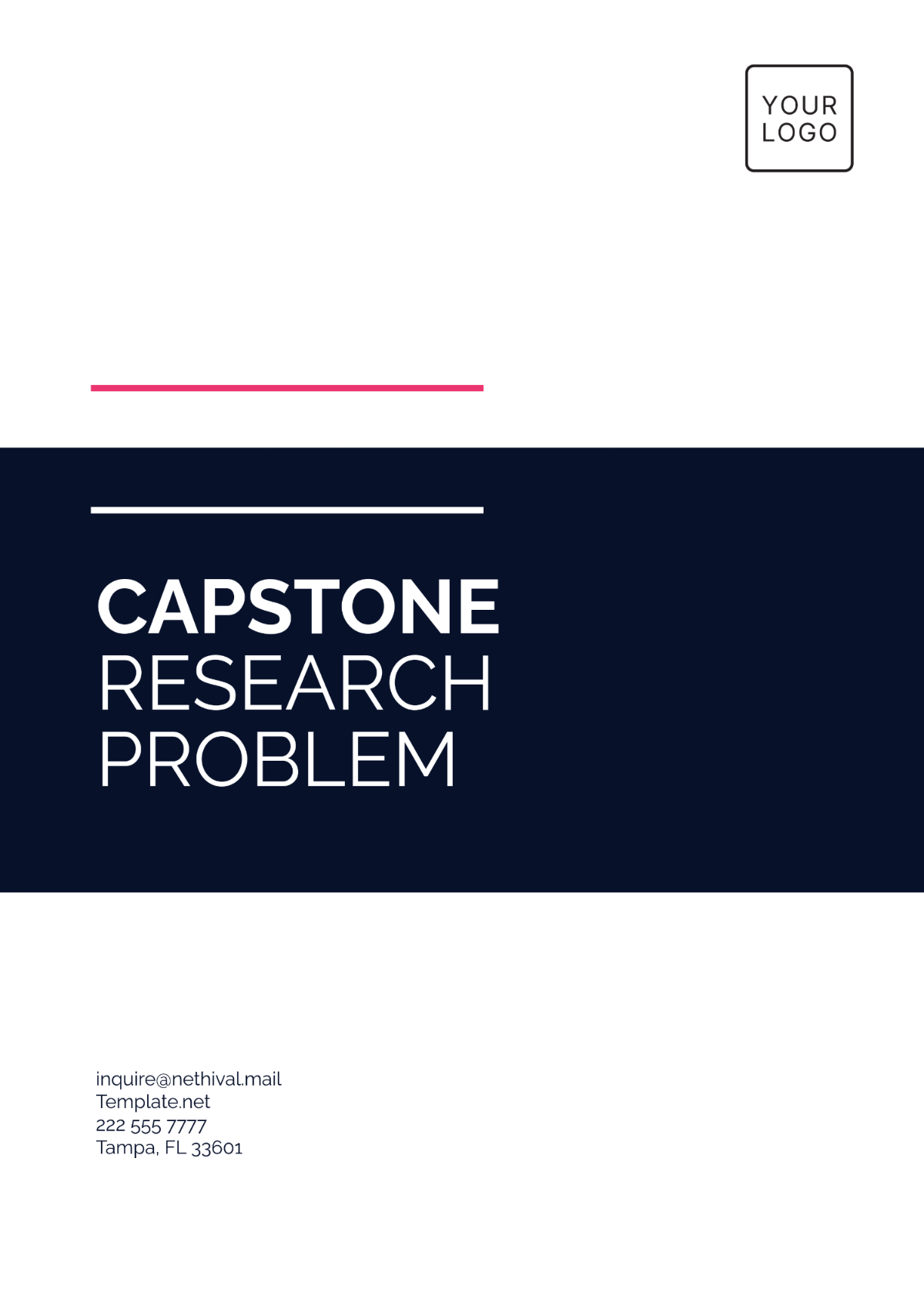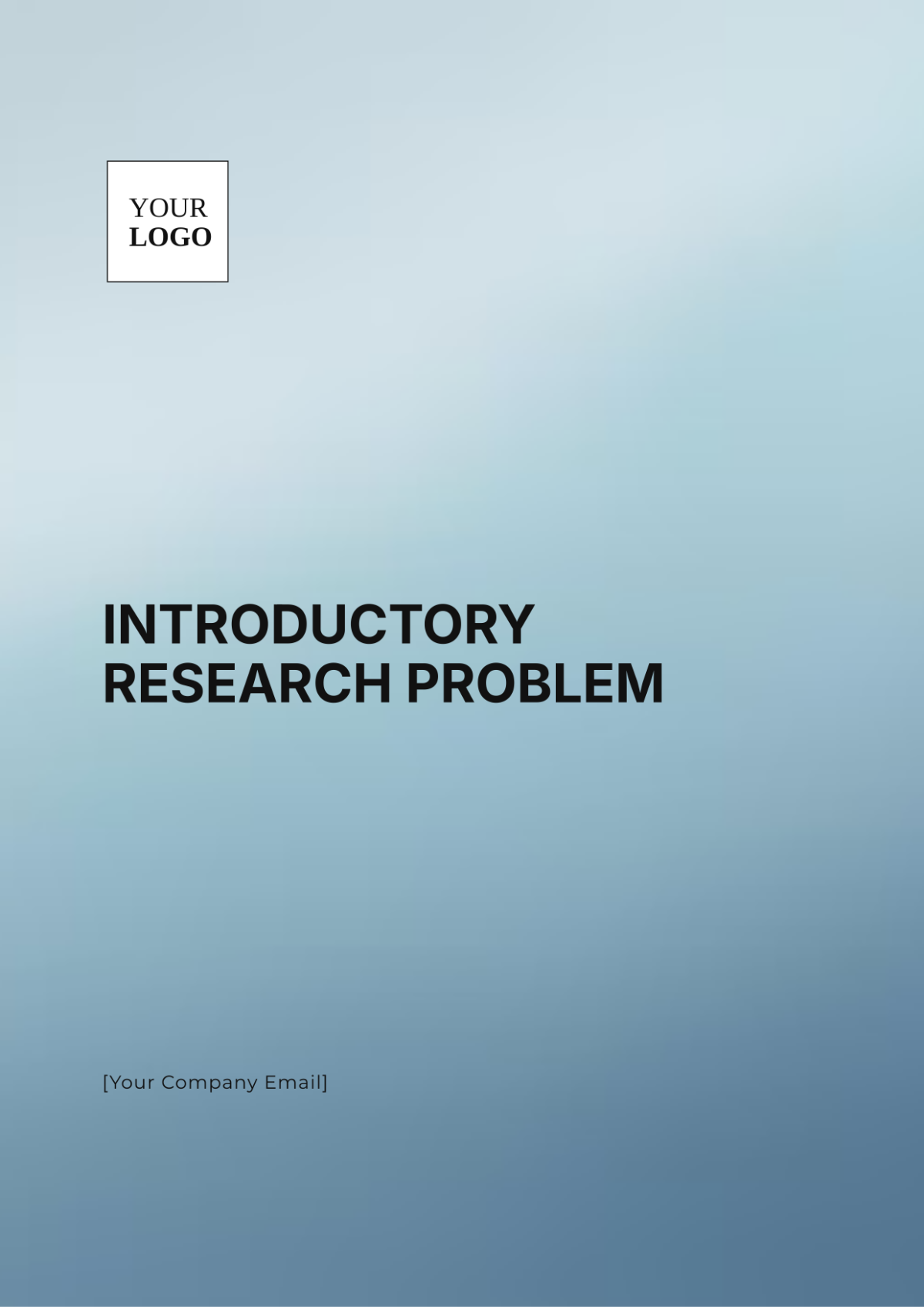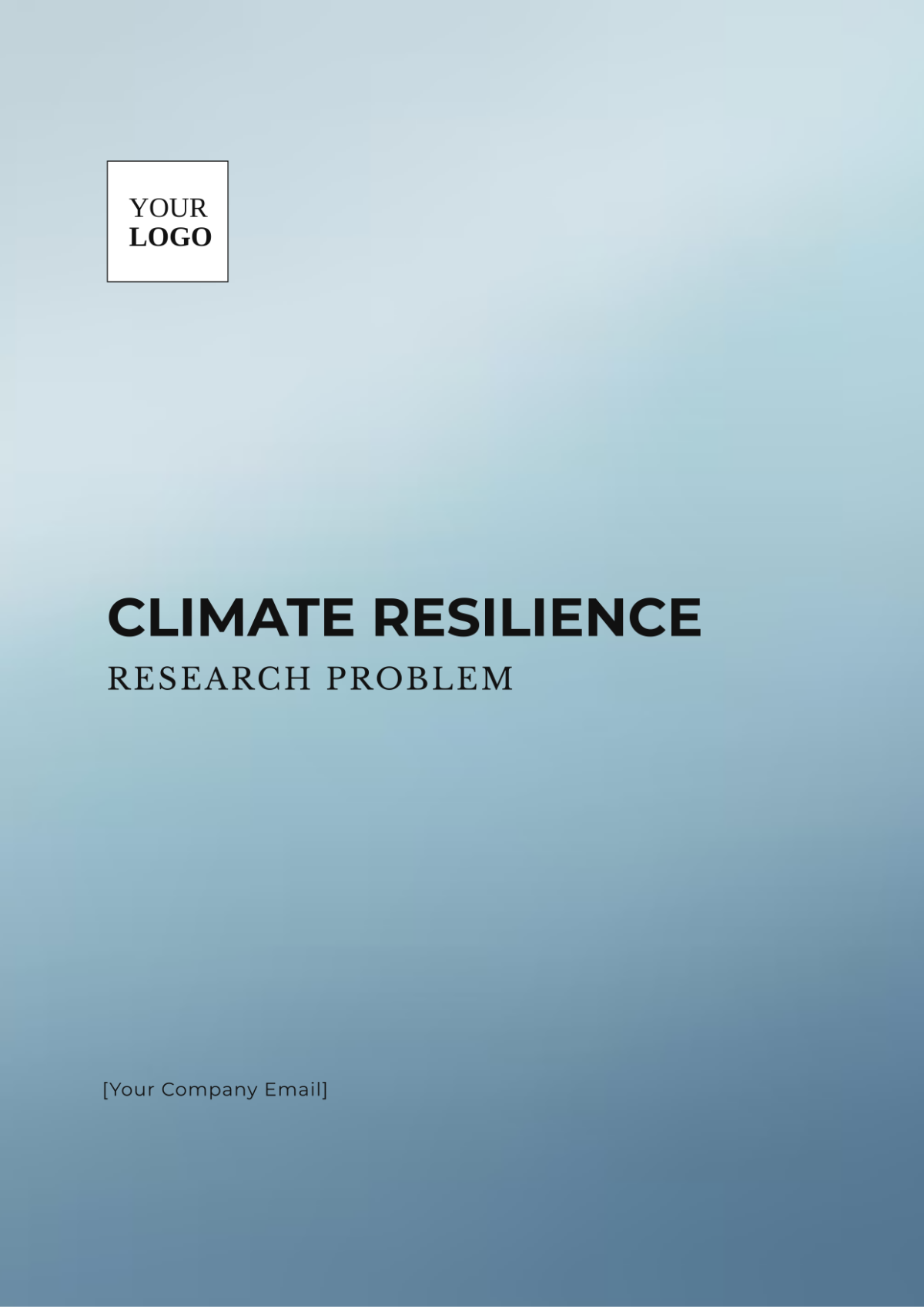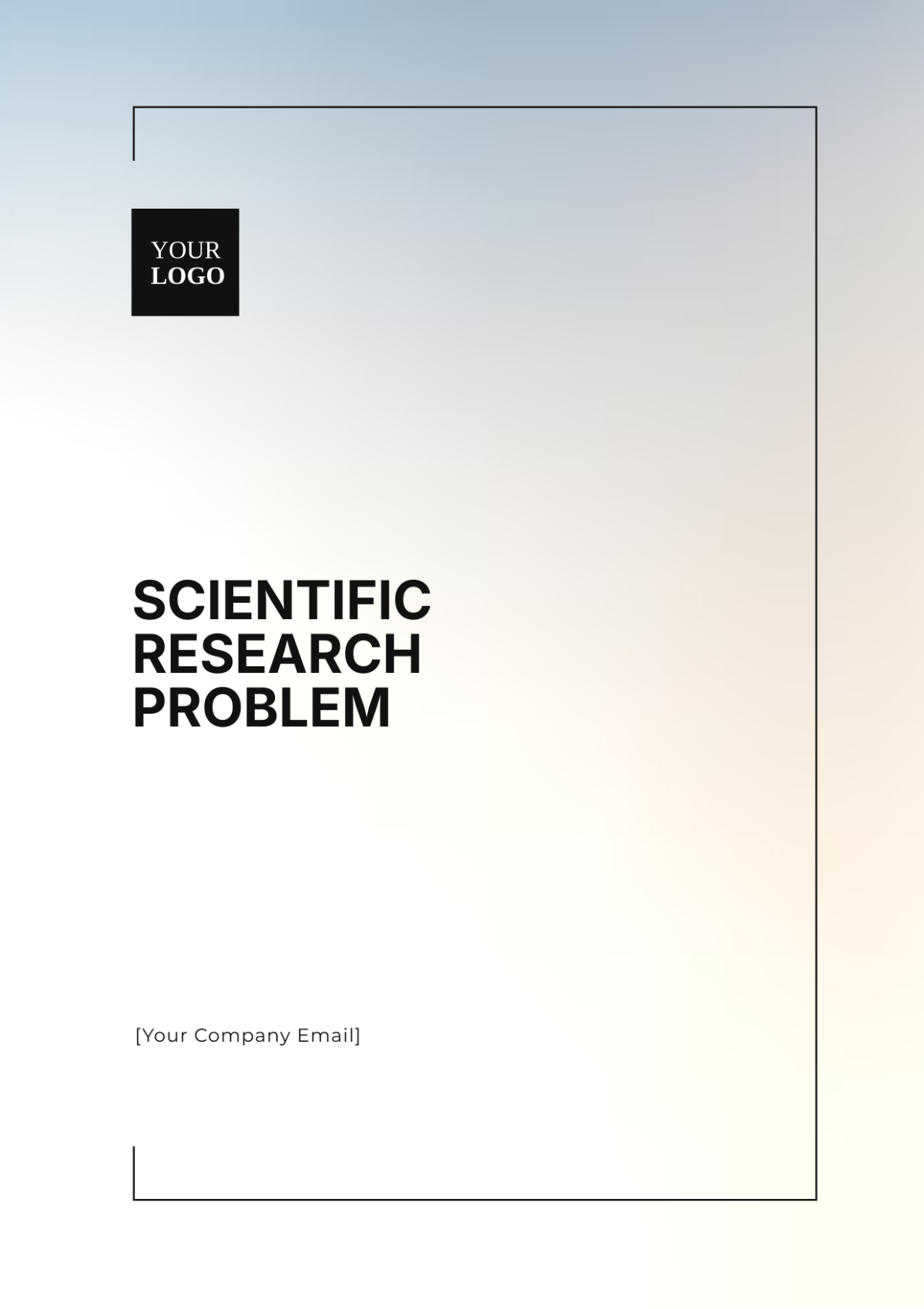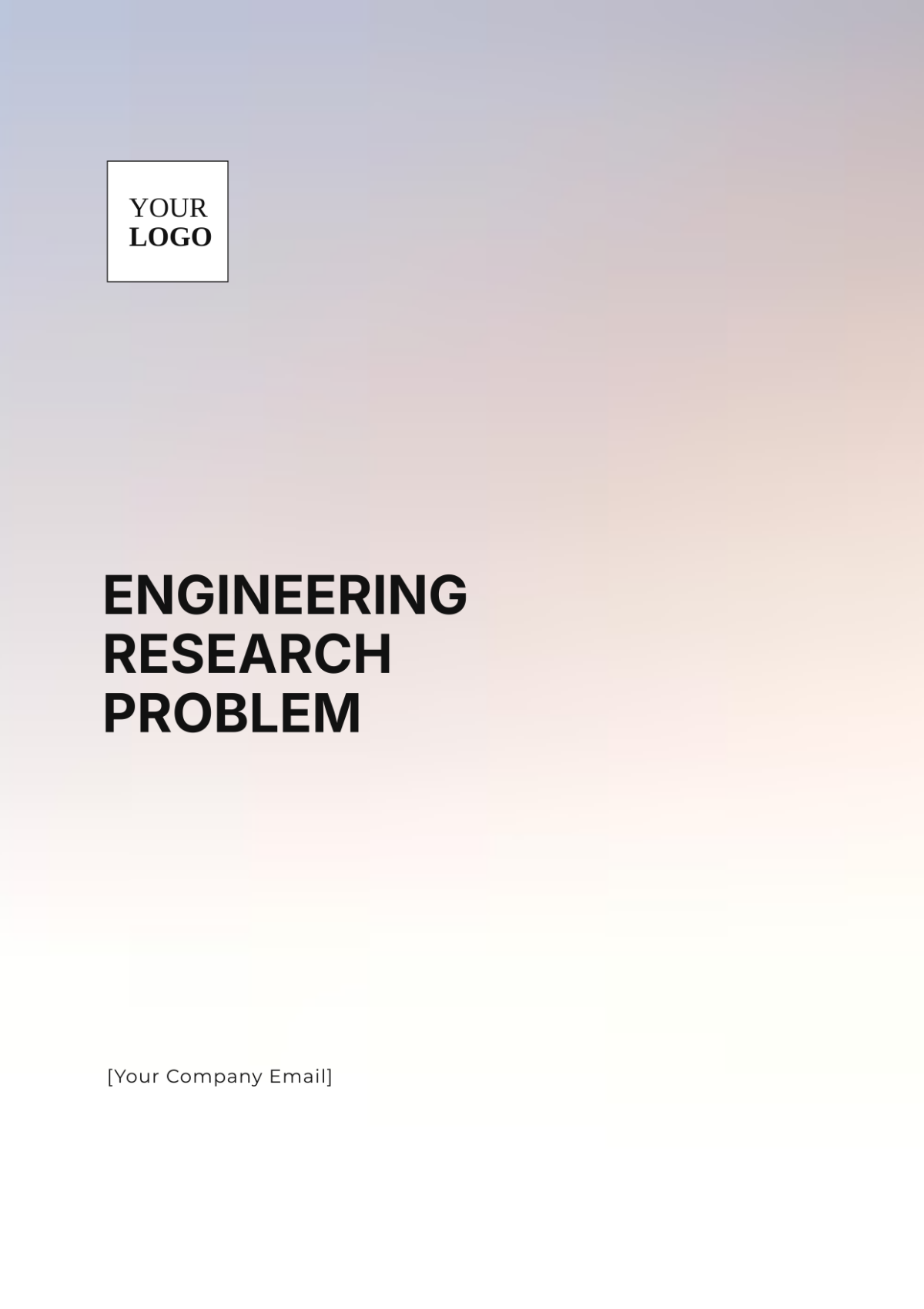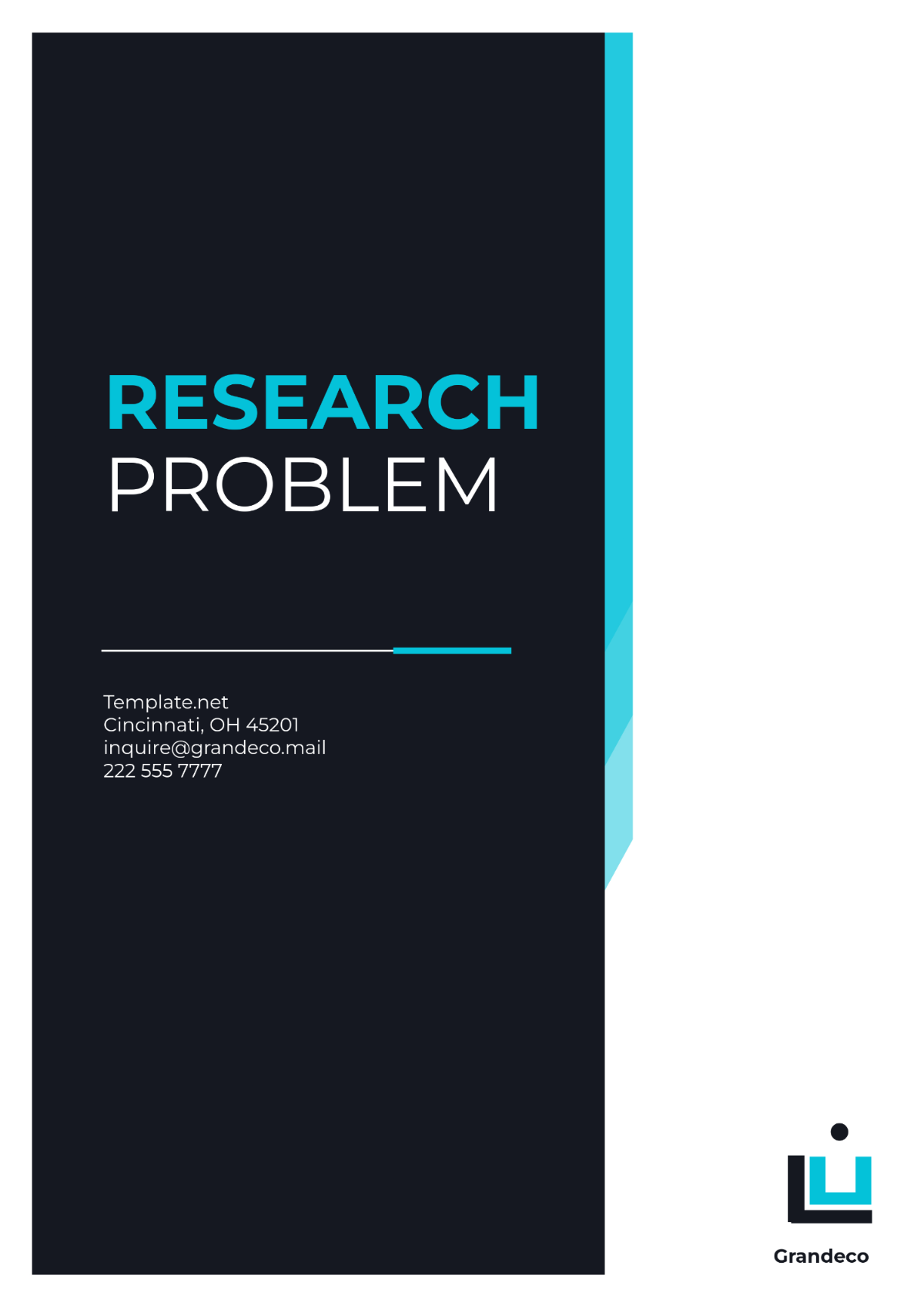Humanities Integration Action Research
Prepared by: [Your Name]
Date: [Date]
1. Introduction
The purpose of this research is to explore how integrating humanities perspectives can enhance the effectiveness of technological innovation in education. As technology continues to advance rapidly, it is crucial to understand how humanistic insights can contribute to creating more meaningful and contextually aware educational tools. This research aims to bridge the gap between technological development and human values, fostering a more holistic approach to educational technology.
2. Literature Review
Existing literature highlights the role of humanities in providing critical perspectives on technology and its impact on society. Key theories include:
Cultural Impact Theory: Examines how technology affects cultural practices and values.
Ethical Technology Frameworks: Analyzes the ethical considerations of technological advancements.
Human-Centric Design Models: Emphasizes the importance of incorporating human values into technological design.
Despite these contributions, there is a lack of comprehensive studies on the direct integration of humanities into educational technology development. This research seeks to address this gap by applying humanistic insights to the design and implementation of new educational tools.
3. Methodology
This action research follows a cyclical process involving:
Planning: Identifying key humanistic principles relevant to educational technology.
Acting: Implementing these principles into the design of a new educational software prototype.
Observing: Gathering feedback from users and stakeholders through surveys and focus groups.
Reflecting: Analyzing feedback to assess the effectiveness of the integration and make iterative improvements.
The research utilizes qualitative methods, including interviews with educators and students, as well as quantitative data from user engagement metrics.
4. Implementation
The research team developed a prototype of an educational software application incorporating humanistic principles, such as empathy, cultural awareness, and ethical decision-making. The prototype was tested in three educational settings over six months. Key activities included:
Workshops: Conducted with educators to train them on using the new software.
User Testing: Engaged students in hands-on activities with the software.
Feedback Sessions: Organized sessions with educators and students to collect insights and suggestions.
5. Findings
The implementation revealed several positive outcomes:
Increased Engagement: Students showed higher engagement levels and satisfaction with the educational content.
Enhanced Cultural Sensitivity: The software's incorporation of diverse cultural perspectives was well-received by users.
Improved Ethical Awareness: Educators reported that the software encouraged discussions about ethical issues related to technology use.
Challenges included initial resistance to change from some educators and technical issues with the software's interface, which were addressed in subsequent iterations.
6. Discussion
The findings demonstrate that integrating humanities perspectives into educational technology can lead to more engaging and culturally sensitive tools. The research highlights the importance of considering humanistic values in the design process to enhance the relevance and impact of educational innovations. Future research should explore the scaling of these principles across different educational contexts and technologies.
7. Conclusion
The integration of humanities perspectives into educational technology development has shown promising results in enhancing user engagement and cultural sensitivity. The research provides a foundation for future studies and practical applications in this area. Recommendations include further exploration of humanistic principles in other technological domains and continued collaboration between technologists and humanities scholars.
8. References
Doe, J. (2051). Cultural Impact Theory in Technological Innovation. Future Insights Publishing.
Smith, A. (2052). Ethical Frameworks for Educational Technology. TechEthics Journal, 12(3), 45-60.
Johnson, M., & Lee, R. (2053). Human-Centric Design Models: A Comprehensive Review. Journal of Educational Technology, 19(2), 78-92.


















